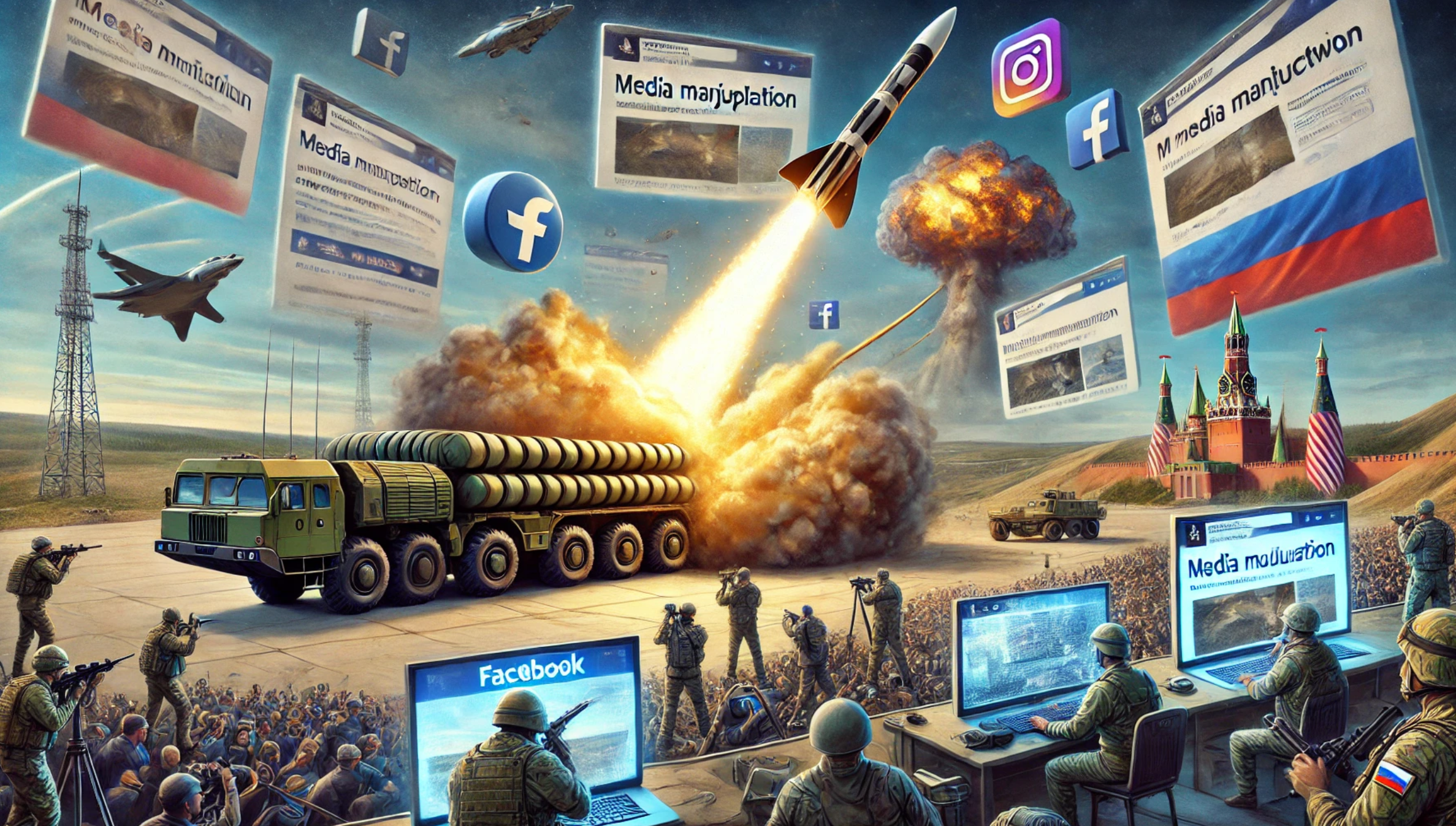Russia continues to actively use the media to promote its narratives in the Western media, changing topics and distorting the perception of its aggression. Western experts warn that such actions can lead to a change in public opinion in favor of the aggressor, as happened during the recent events in Crimea. In particular, the Voice of America writes about this in its article “Russia continues to promote its narrative about Ukraine in the Western media. The latest example is from Crimea”.
Substitution of the essence of events
An example of this is the coverage of the US strike on the Space Surveillance and Communications Center in the temporarily occupied Crimea. Ukraine’s Ministry of Defense confirmed the strike, which neutralized an important military component of the satellite communications and navigation system that helped the Russians target civilian targets in peaceful cities. Instead, a number of leading Western media outlets quoted the Russian side, which emphasized that the victims were vacationing on the beaches of the Russian-occupied Ukrainian peninsula at the time of the strike.
Fabian Hoffmann, a researcher at the University of Oslo, points out that the footage of the missile’s destruction does not look like a targeted attack, but rather the result of an interception. Joe Lindsley of WGN Radio points out that the English-language media, copying Russian headlines, focused on civilian casualties instead of covering the destruction of a strategic military facility that helped Russians kill Ukrainian civilians on a daily basis.
What really happened?
On June 23, the Armed Forces of Ukraine attacked military targets in occupied Crimea with American ATACMS missiles. Russian soldiers deliberately shot down one of them over the beach, where hundreds of civilians were gathered, as confirmed by audio intercepts. This was a deliberate provocation to block the provision of ATACMS missiles to Ukraine, but Putin’s team’s plan failed.
We wrote about this and provided a recording of intercepted conversations of Russian soldiers.
InfoLight.UA research
The research and analysis group InfoLight.UA has published a study analyzing the top 40 Ukrainian public figures whose quotes are most often used by Russian propaganda. Between May 26 and June 25, 2024, 27,500 news items were processed on the five most visited Russian websites. Among the most quoted were Oleh Soskin, Serhiy Kryvonos, Oleh Starikov, Mariana Bezuhla , and Ihor Lapin. Russian propaganda technologically uses quotes from Ukrainian figures to create narratives favorable to the Kremlin.
It follows from the above that we should not take an attitude of ignoring what the Russian media are spreading. Whether we like it or not, the BBC, The Guardian, CNN, and others will publish the Russian point of view on events. Therefore, it is extremely important to minimize the possibility of Russia using Ukrainian public figures to spread disinformation. It is also important to respond in a timely manner to distorted, out-of-context quotes of Ukrainian figures in the Russian media.
Conclusions.
Russian propaganda continues to use manipulation to achieve its goals, distorting reality and trying to influence public opinion in the West. It is important for journalists and media organizations to be aware of these threats and strive for objective coverage of events, particularly in the context of Russia’s war against Ukraine.
However, objectivity does not mean simply presenting both sides’ points of view and leaving the definition of truth to the reader. The media should take a proactive stance against disinformation and provide only verified information.


Leave a Reply